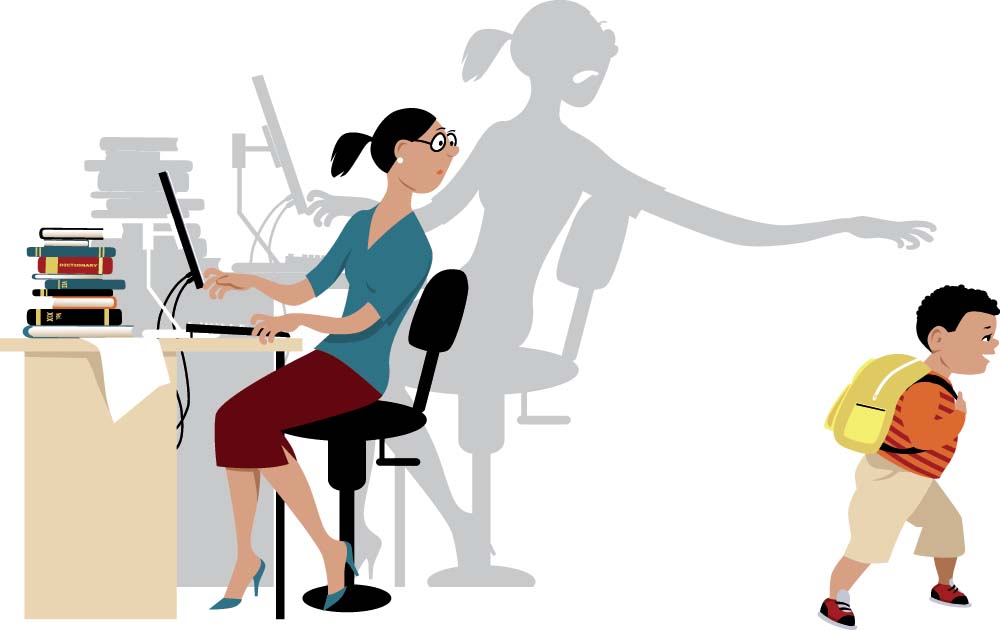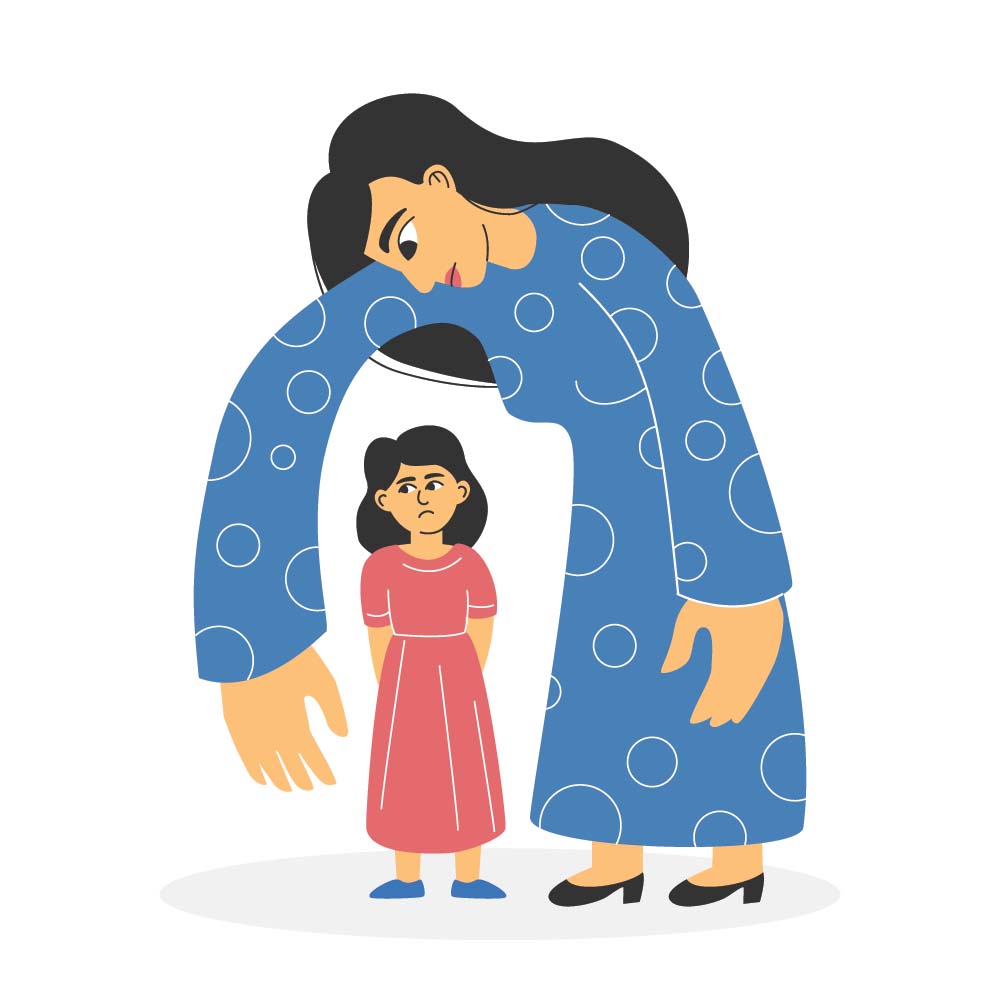As parents, you’d always want to do what’s best for your child, and keep them protected from the harsh realities of the world. A mother or father’s natural instinct is to be loving, nurturing and look after their child’s needs. But how much attention is too much attention? At times, parents go to extremes to make their child’s life easier, either by paying too much attention to them or by being overly supportive of their needs and wants.

Sometimes, caring can slowly and unconsciously evolve into an overbearing parenting style, spelling problems for both you and your child. Helicopter Parenting refers to a type where a parent is constantly monitoring their child’s every move and interaction. Continually watching your children may seem like a good idea, but studies and advice from doctors indicate that if done excessively, it may actually impede the development of the child.

There’s no denying that the intentions of helicopter parents come from a genuine place of wanting to provide help and support to their child. It’s a tricky and fine line - to be engaged with your children and their lives, yet not to the extent that you may lose perspective of what they actually need. The key is to find that balance!
The Effects Of Helicopter Parenting
Lack of confidence: Helicopter parenting can backfire! The parent/parents’ micro-management or over-involvement may send out the wrong message to the child, allowing them to assume that their parents don’t have the confidence in them to figure it out on their own. This leads to a lack of confidence.

Sense of entitlement: Kids who have grown up with parents constantly adjusting their social, academic, and athletic life, may develop a sense of entitlement since they are used to having it their way.
Increased anxiety levels: When parents tend to get over-involved in their child’s lives, studies have indicated that the child has higher levels of anxiety and depression.
Undeveloped life skills: Helicopter parents get everything done for their children (who are actually mentally and physically capable of completing their own tasks) – from tying shoelaces to packing lunches, arranging books as per the time-table and clearing plates. In such a scenario, the child struggles to get these basic tasks done on their own.
Undeveloped coping skills: When parents control their children’s lives to the extent that they clean up their messes for them, it gets difficult for children to cope with emotions like failure, loss and disappointment. This can impair the child’s ability to regulate emotions and behaviour.

Being a parent is difficult. You’ve got to keep one eye on your kids—their emotions, strengths, and stressors—and one eye on the adults that you are trying to raise. In reality, this includes helping your kids overcome setbacks on their own, and allowing them to be dissatisfied. It also entails allowing your kids to pursue the endeavours for which they are intellectually and physically fit, rather than what you think they should be doing.
Image source: NBC news